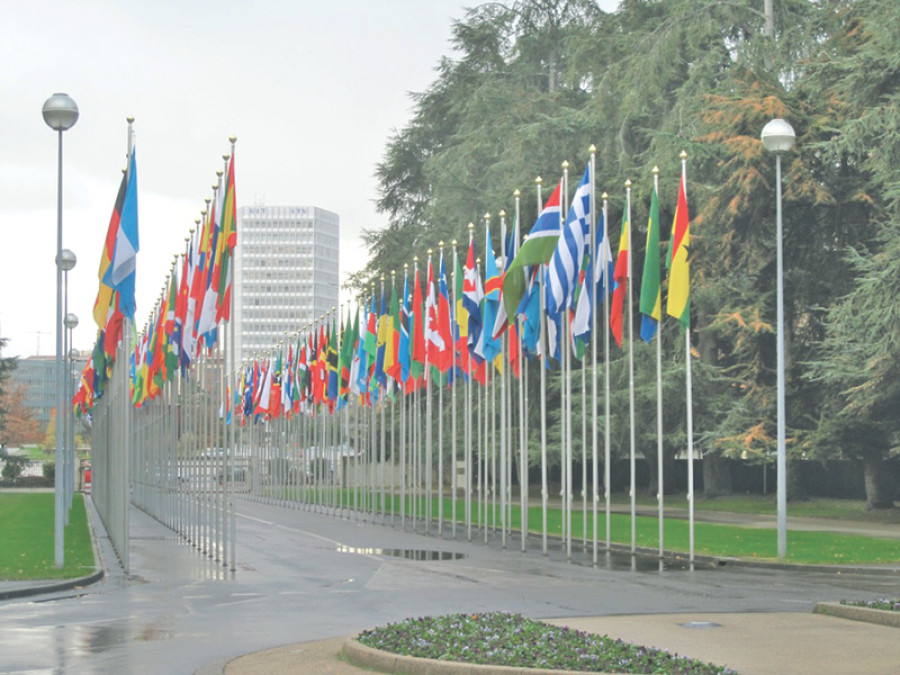Money
Nepal 107th WTO member to ratify Marrakesh protocol
Nepal has become the 107th country to ratify the “Protocol Amending the Marrakesh Agreement Establishing the World Trade Organization” (WTO), with the Parliament giving its green signal on Friday.
Nepal has become the 107th country to ratify the “Protocol Amending the Marrakesh Agreement Establishing the World Trade Organization” (WTO), with the Parliament giving its green signal on Friday.
The ratification of the protocol is a step forward towards the implementation of the WTO Trade Facilitation Agreement (TFA).
TFA, if implemented, will expedite movement, release and clearance of goods through simplified administrative procedures.
Member countries have to ensure transparency of laws, rules and procedures, fairness in border agency decisions, streamlined clearance procedures, and help reduce administrative constraints on transit, as per the TFA.
For full implementation of TFA, 110 out of 164 WTO member countries have to ratify the protocol. Among Saarc countries, India, Bangladesh, Pakistan, Afghanistan and Sri Lanka have ratified the protocol which was adopted by the ninth WTO Ministerial Conference held in Bali, Indonesia, in December 2013.
Rabi Shankar Sainju, joint-secretary at Ministry of Commerce, said enforcement of the agreement will help land-locked countries like Nepal which suffer transit hurdles. “As TFA has provisioned providing technical support to such countries, it could help countries with low-export base,” he said.
According to the agreement, there will be multilateral cooperation among member countries for simplifying trade procedures. “The technical assistance will be provided to those countries which are most in need,” read the agreement.
TFA is the first multilateral agreement since the establishment of the WTO in 1995. The agreement is also expected to reduce also the trading cost. In the recent years, Nepal has been facing an expanding trade deficit mainly due to the high production costs that have been blamed for supply related obstacles.
Sainju said the TFA implementation could allow consumers to access a larger and cheaper range of products, while businesses will have access new markets. “It will improve competitiveness by increasing efficiency and reducing unnecessary red tape and associated costs,” he said.
Besides the standardisation and simplification of trade-related procedures, TFA can help expand the use of innovative technologies and electronic systems, such as electronic payments and national trade portals.
WTO, however, has offered some flexibility to developing and least developed countries, allowing them to decide when they would implement different provisions and for which areas technical assistance would be required.




 9.7°C Kathmandu
9.7°C Kathmandu














